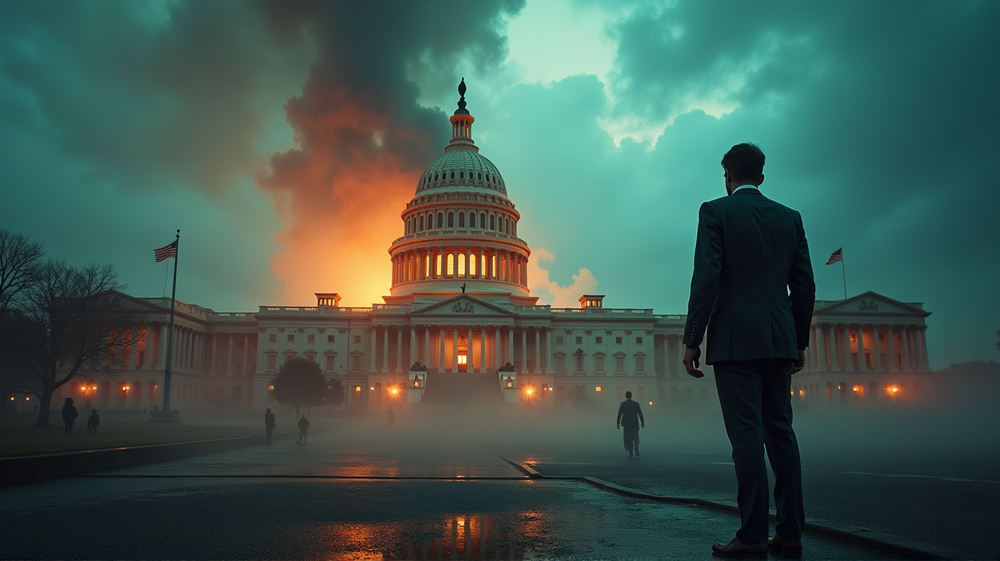The Shutdown’s Immediate Impact
As federal funding ran dry at midnight on October 1, the U.S. government slipped into an all-too-common shutdown. This time, it isn’t merely a fiscal inconvenience; it’s a full-blown political tug-of-war with significant ramifications for health services nationwide. As stated in KFF Health News, the stalemate over the resolution highlights deep divisions within Congress, with Democrats and Republicans standing firm on different shores of the Affordable Care Act (ACA) and Medicaid.
Health Services Caught in the Crossfire
Across the nation, essential health services have been held hostage. Community health clinics brace for possible closures, putting countless lives at risk. The National Institutes of Health is forced to halt new patient admissions for clinical trials, potentially delaying breakthrough treatments. Such disruptions illustrate the broader chaos as both public health and economic stability hang in the balance.
ACA Subsidy Dispute Fuels Stalemate
At the heart of Congress’s deadlock is the ACA subsidy extension—a debate that’s become a flashpoint. Despite broad acknowledgment of its necessity, Republicans demand significant reforms. Senate Majority Leader John Thune has emphasized that any extension must involve policy changes, potentially risking the very future of ACA.
Democrats Push Back
Democratic leaders are adamant about extending the ACA subsidies without strings attached, pointing to imminent premium hikes affecting millions. They argue that the shutdown exacerbates what they term a “Republican-caused health care crisis,” with House Democratic Leader Hakeem Jeffries vocalizing Americans’ worries.
Long-Term Consequences Loom Large
The longer the shutdown persists, the deeper the effects. Critical operations face suspension: the Centers for Disease Control and Prevention’s disease monitoring could falter, and emergency services in national parks are expected to thin out. There’s an increasing fear that the absence of compromise will compound national health crises.
An Unprecedented Standoff
The current political climate, characterized by unprecedented tactics and rhetorical vitriol, adds layers of complexity to negotiations. The looming expiry of subsidies, combined with the threat of mass federal worker furloughs, represents not just a potential personal crisis for employees, but a significant economic burden.
The Pressure Cooker Intensifies
Ultimately, the resolution or lack thereof may influence not just health policy, but also the political landscape, as both parties work to sway public opinion. The White House, while aiming to keep the government operational, continues its pressure campaign, stressing the urgent impact on society’s most vulnerable.
While both sides claim to act in citizens’ best interests, the stakes only rise as political strategies unfold, making this not merely a governmental issue but a headline dominator with real-world implications.












